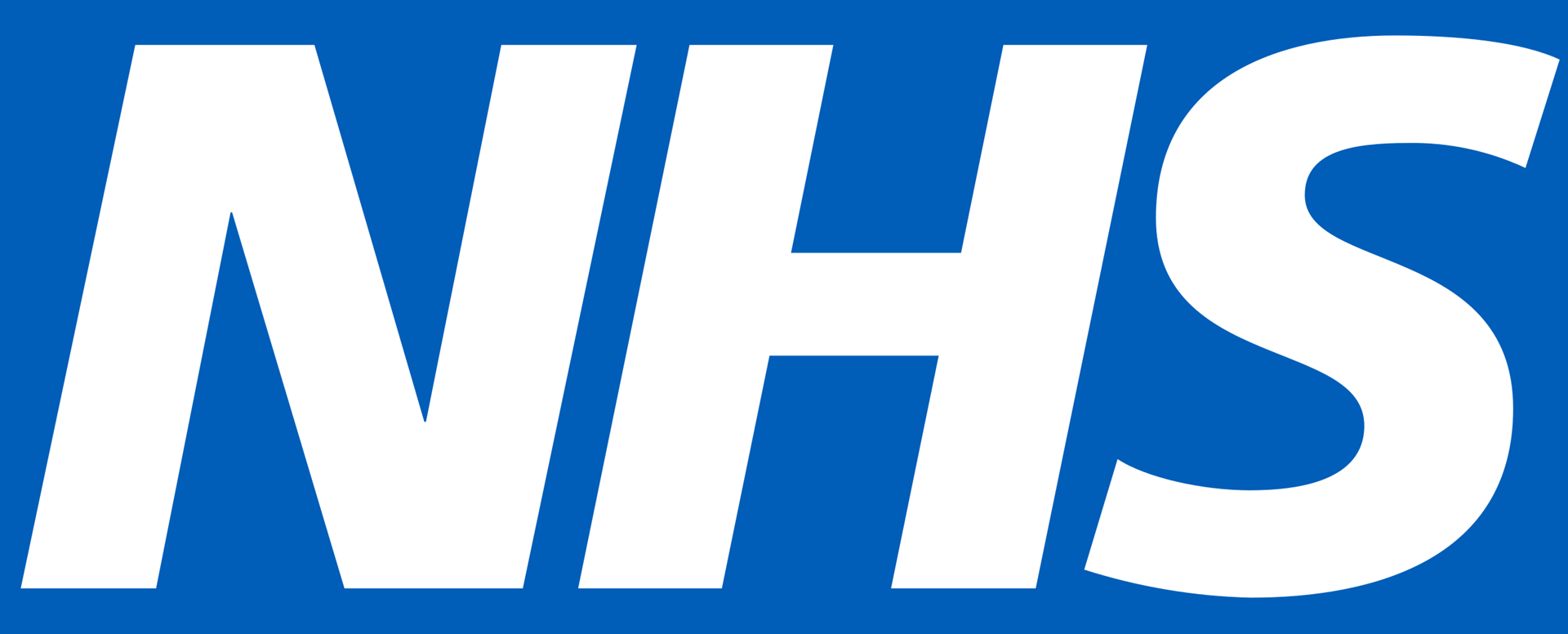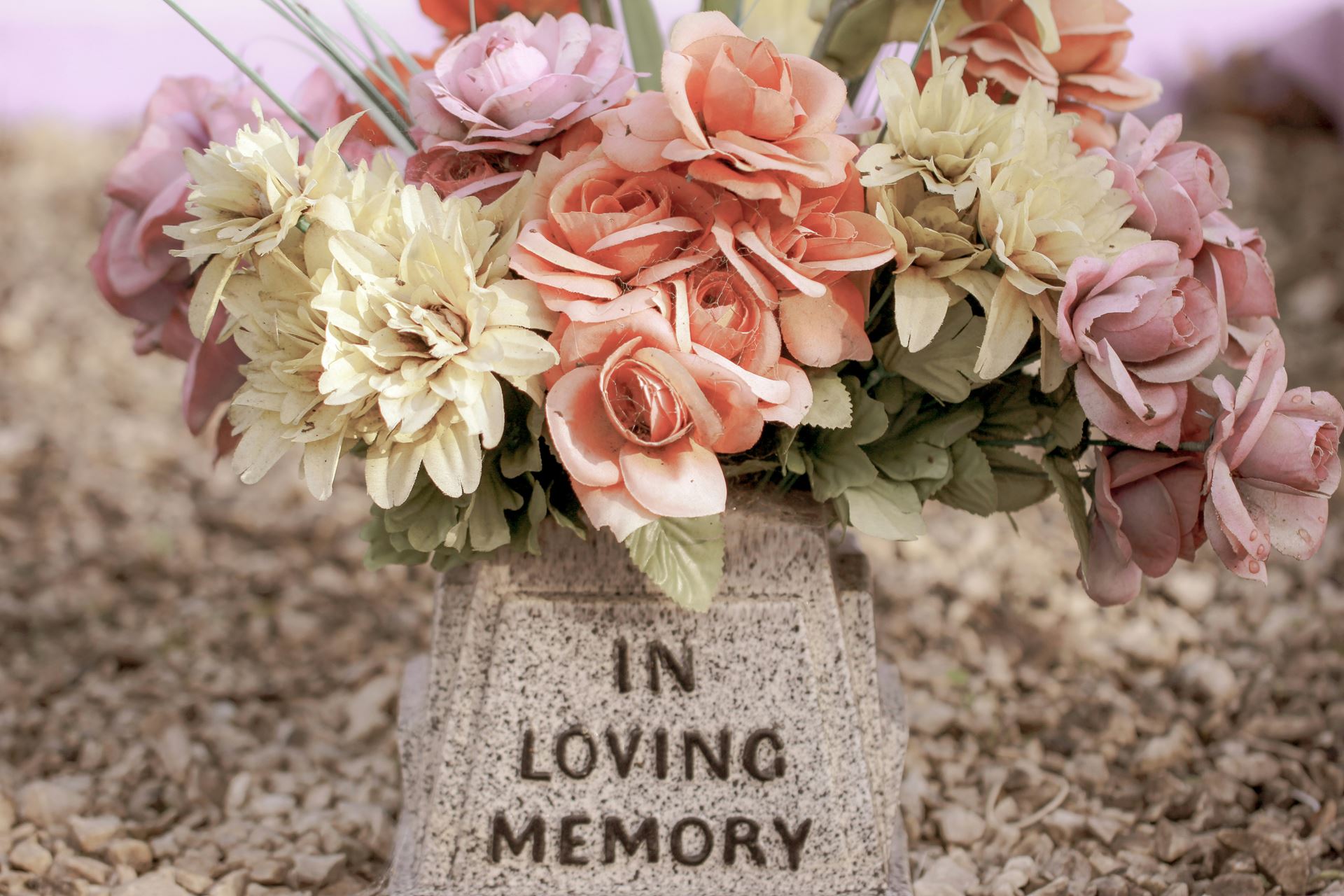It can be difficult to know what to do when someone dies. The government website has a helpful step-by-step guide that tells you what to do and how to do it.
When a person passes away, there are three things that must be done in the first few days:
- A medical certificate must be obtained from the GP or hospital doctor (this is necessary to register the death).
- The death must be registered within 5 days (8 days in Scotland) of being contacted by the medical examiner's office. You will then receive the necessary documents for the funeral.
- The funeral arrangements need to be made.

